Bringing Purpose To Trailing Spouses With Coach Jodi Harris
Connecting With People Who Have Walked The Same Path
"The expats who struggle the most are often trailing female spouses and partners."
World Tree Coaching turns five this month. For its globetrotting founder, Jodi Harris, it’s a time to celebrate what she has achieved and, as she prepares for another expat placement next year, to reflect on the strong sense of self and of home required to run a global business.
Growing up in a small town in Texas, Harris, 41, longed to explore the world, so moving from country to country for her husband’s job has always part excitement, part joy. But as a trailing spouse, she soon realized that her experience abroad wasn’t just a fun adventure. She was facing a number of challenges, too, not least the difficulty in pursuing her own career. Knowing that she wasn’t the only one struggling, she decided to start a business to help other expats develop their ideas and turn their life abroad — no matter how short it is — into something beyond just an experience.
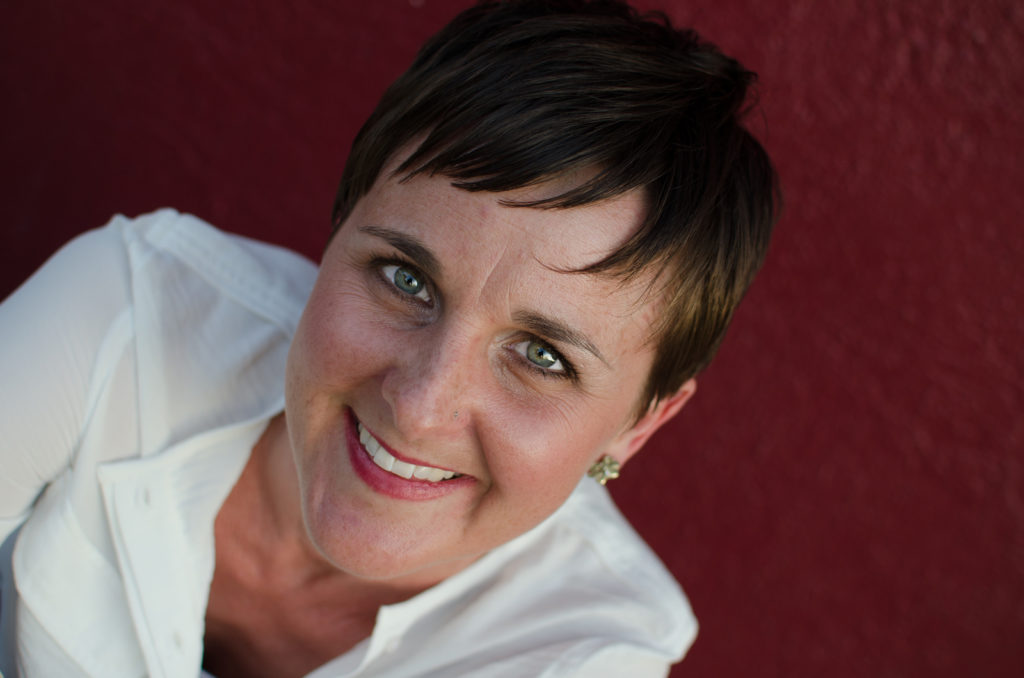
After stints in Washington DC, the Dominican Republic and Madagascar, she arrived in Tokyo in 2013, making it her family’s longest expat assignment so far. Naturally, Harris’ experience living as a globally mobile person appealed to the city’s large expat community and her business bloomed. Savvy Tokyo sat down with her to uncover how she runs her business and what other globally mobile people can learn from her experience.
Why did you set up World Tree Coaching?
I was a clinical social worker in the United States and really loved my work. When we went overseas for the first time, I worked for a non-profit organization in my field, but it was really difficult to get passionate about the job for two years and then have to abandon it. I started researching ways that I could transition into something more portable. Coaching seemed flexible, so I decided to train as a coach and start my own practice.
Why did you retrain?
I recognized that coaching was different from therapy and it was important for me to learn those differences. I never wanted there to be a question about whether I was providing therapy or coaching.
It’s about helping clients get into a position to reflect on their automatic thoughts.
I took a nine-month coaching course recognized by the International Coach Federation (ICF). Then I received my ACC credential from the ICF, which involved doing coaching, an exam and reports of my coaching calls. It was a hard process, but I like the accountability. I think the certification makes me a coach who creates standards for myself and what I want to be.
What does coaching involve?
I ask clients what they want to work on. Typically, they have a big goal they want to achieve by the end of their sessions and smaller goals for within sessions. Coaches provide a space to ask questions. A client might say ‘I could never do that’ and a coach would ask ‘What do you mean?’ It’s about helping clients get into a position to reflect on their automatic thoughts. Some people have personal habits getting in their way; some people have personality traits that they need to spend more time understanding. They need a coach to help them through their own steps to change.
View this post on Instagram
What is it like to start anew with the business in each country?
Just after I started my business, while living in Madagascar, my son was diagnosed with Type 1 Diabetes and we had to return to the United States. If I abandoned the business I knew no one would blame me, but I had the sense that it was what I was supposed to be doing.
Having had that challenge reinforced that there are going to be hard things every time I transition globally. My clients are all over the world, but my professional support system and network is wherever I am. I have to make new contacts and do things that scare me, such as public speaking—even when they make me nervous—because that is what builds my professional community. The more I do it, the more I realize that I have a professional network all over the world.
When you go from place to place and the dirt is constantly crumbling under you, it’s easy to lose your footing.
What has helped you to work in Tokyo?
Some things make Tokyo challenging for an expat but overall, it’s a wonderful place to connect with people and it has so many things that keep me active. It is a small business owner’s dream as there are so many opportunities. Women’s networks have played a big part in helping develop my professional contacts.
How much do you draw from your experience when working?
The fact that I have done what other expats have done is huge. I’m not necessarily sharing much of my own stories in the sessions, but I think knowing that I have walked in their shoes makes a big difference to my clients. I draw from my life experiences and life lessons in developing empathy, compassion and understanding for people’s experiences.
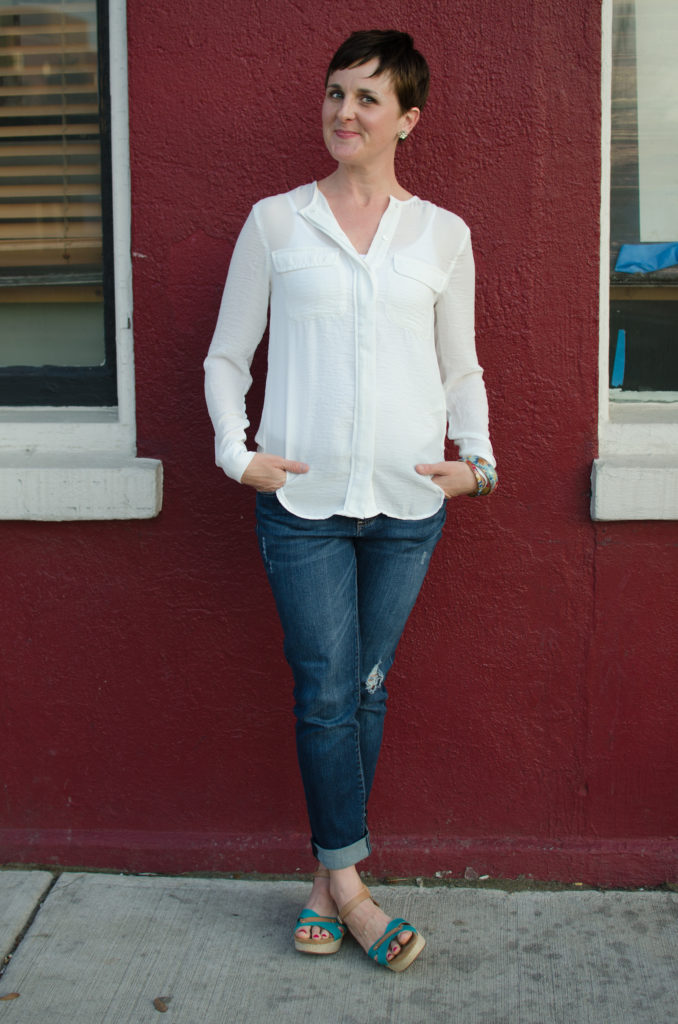
How have you approached the business side?
It’s been a process of trial and error. From the beginning, I did everything myself. I like all aspects of business, from marketing to banking. As the business has got bigger I’ve had to shift that idea, so now I have a person do my taxes, for example.
What’s a typical day?
In the morning it’s mostly online client sessions. Most days also include some writing—on my blog or magazine articles about expat life—and a little bit of admin. I’m also creating some of my coaching programs as online courses on Teachable. They combine video instruction, worksheets and self-coaching questions.
The fact that I have done what other expats have done is huge.
Most of your clients are women. Do you think being a woman draws female clients?
I think the main reason is that the expats who struggle the most are often trailing female spouses and partners. Almost all of my clients are professional women aged 30 to 50, often with graduate degrees, such as attorneys, doctors, teachers, journalists, scientists. Arriving in their new home they realize they didn’t know what they signed up for.
What’s their most common concern?
It’s the sense of feeling lost. I think most of the time people have an inner sense of home, where they are the most comfortable professionally, personally and intellectually, but when you go from place to place and the dirt is constantly crumbling under you, it’s easy to lose your footing. Most people come to me saying, ‘I know I want to do something or make a change, but I don’t know what.’
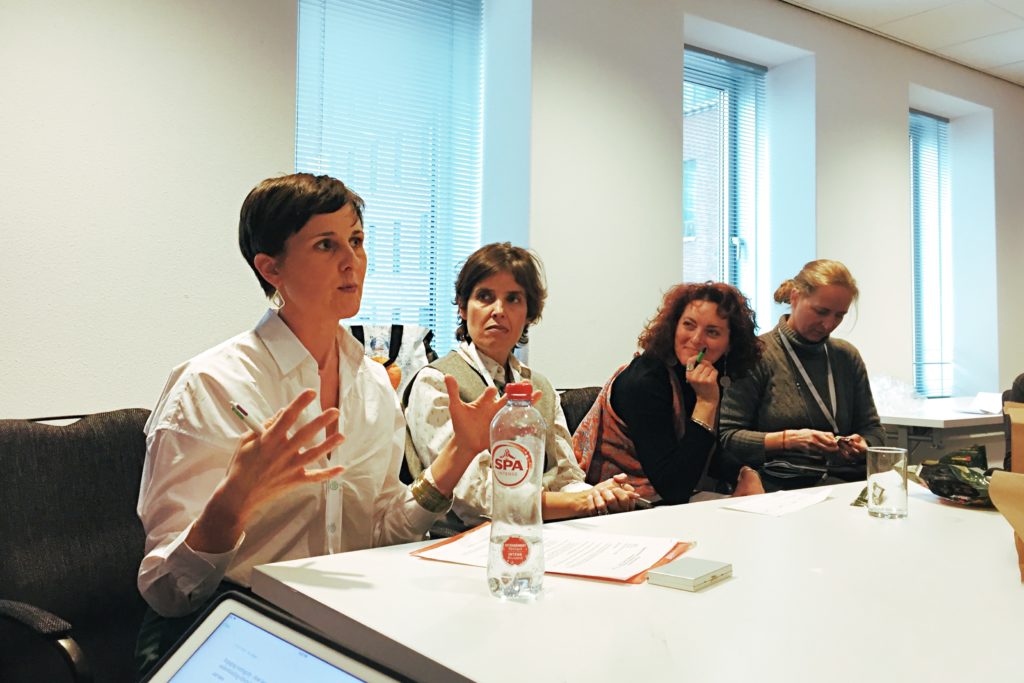
Why do you teach mindfulness?
Especially when we’re living and working interculturally, we need the ability to ask ourselves what we are feeling and what assumptions or judgments we are making, to slow down and see clearly. Mindfulness means seeing clearly. It can create a sense of calm in the storm, not because everything is perfect but because you are riding the waves, so I teach mindfulness through Personal Leadership, a mindfulness-based intercultural communication model.
In my coaching practice, I help people answer two questions. The first is ‘Where is home alive in me?’ and the second is ‘What do I learn from what I find right here, right now?’ The right here, right now is mindfulness.
How do you approach work-life balance?
I have a list of non-negotiables that I need to do to be physically and mentally healthy. I have to exercise every day, even if it’s a 20-minute brisk walk or a seven-minute work-out through an app. I also practice meditation for 20 to 30 minutes. And I really need friends and social connection, such as going on date nights with my husband, getting my girlfriends together or calling my mom.
To learn more about Harris’ business, see the company official website here.












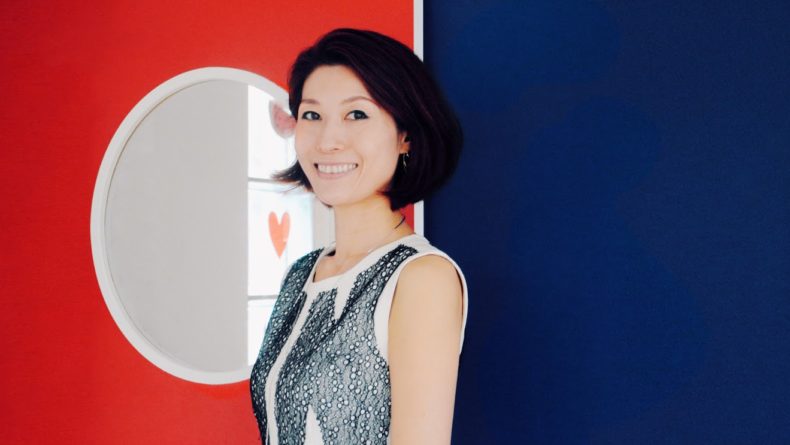
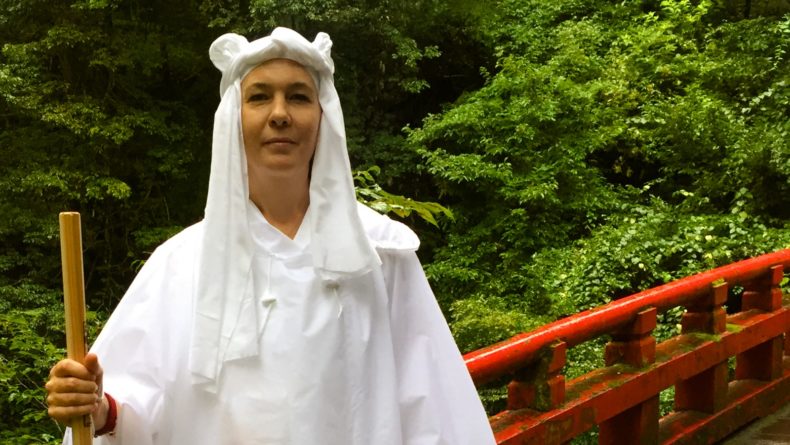
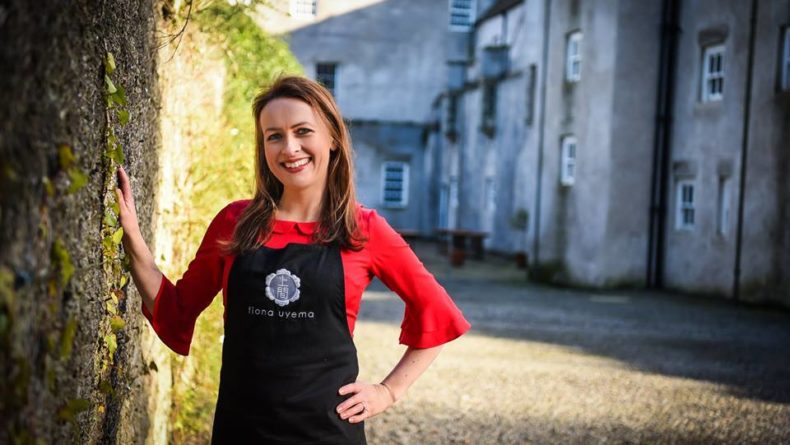
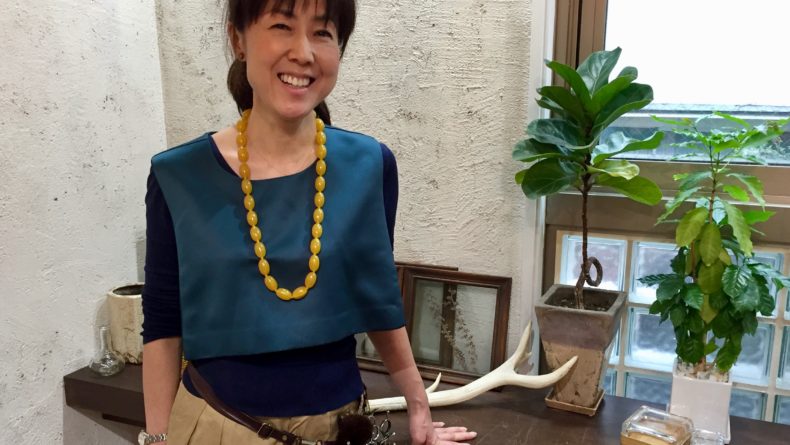
Leave a Reply